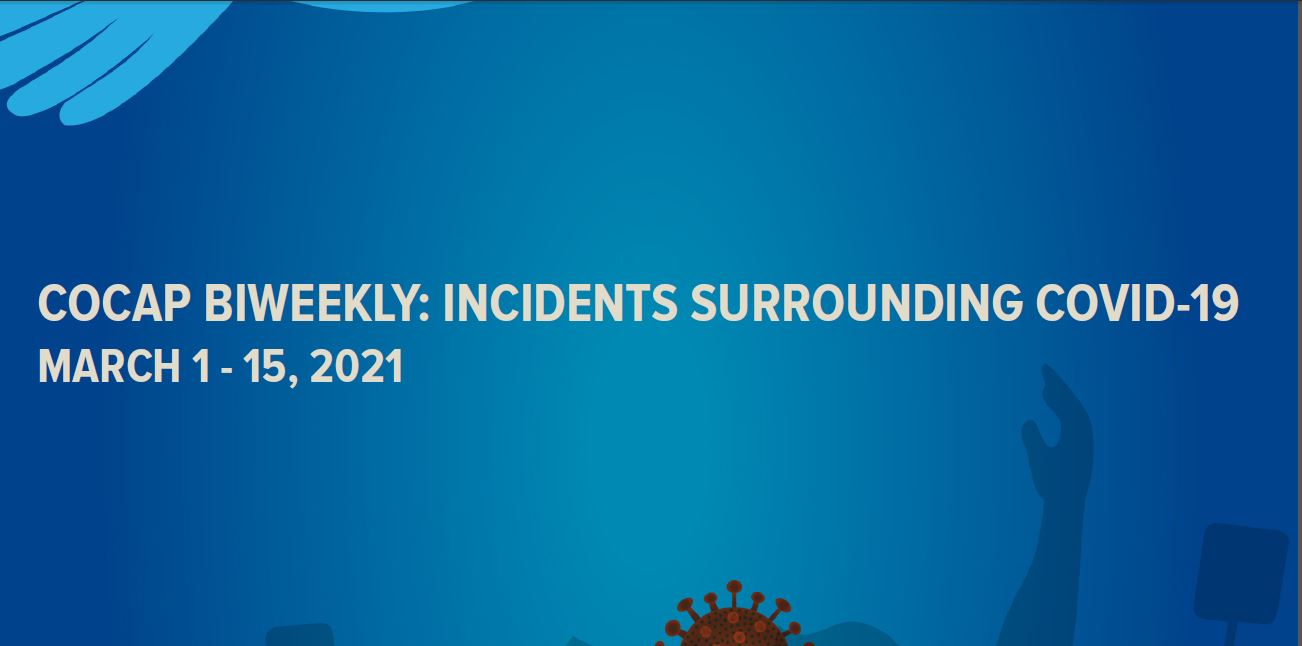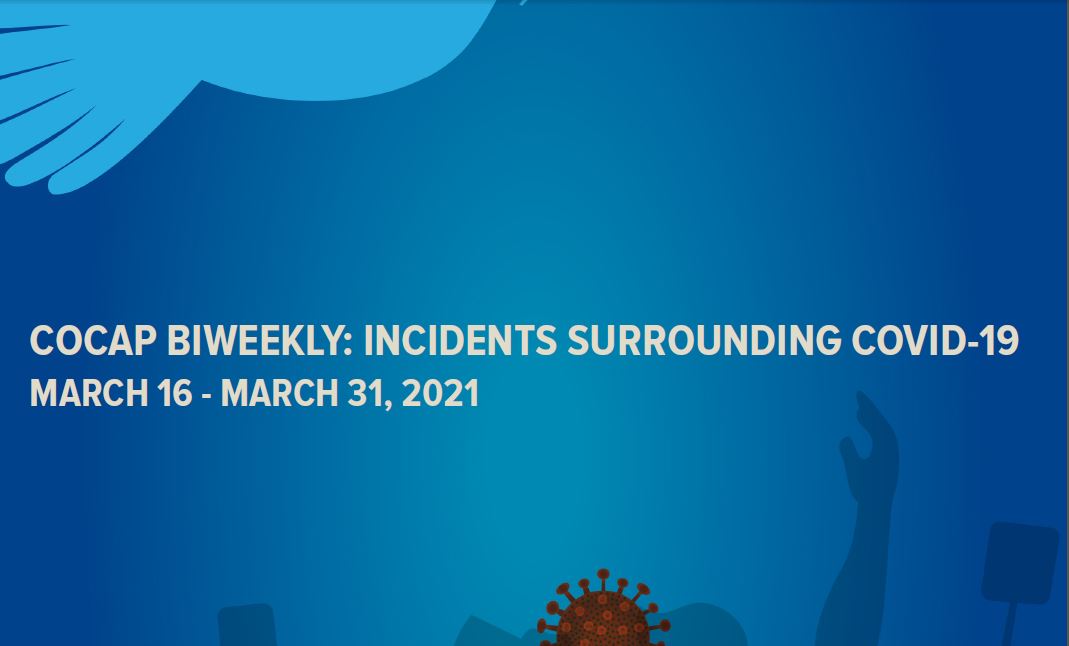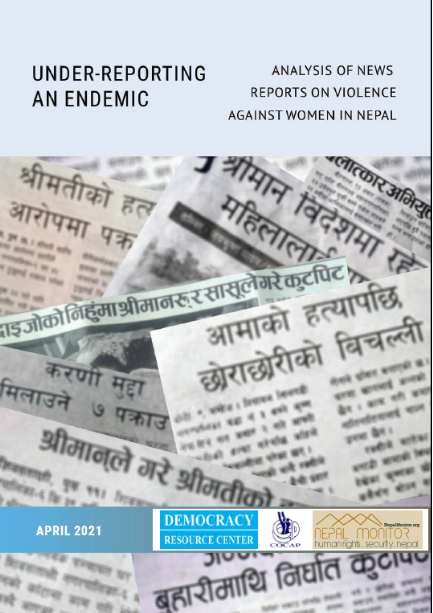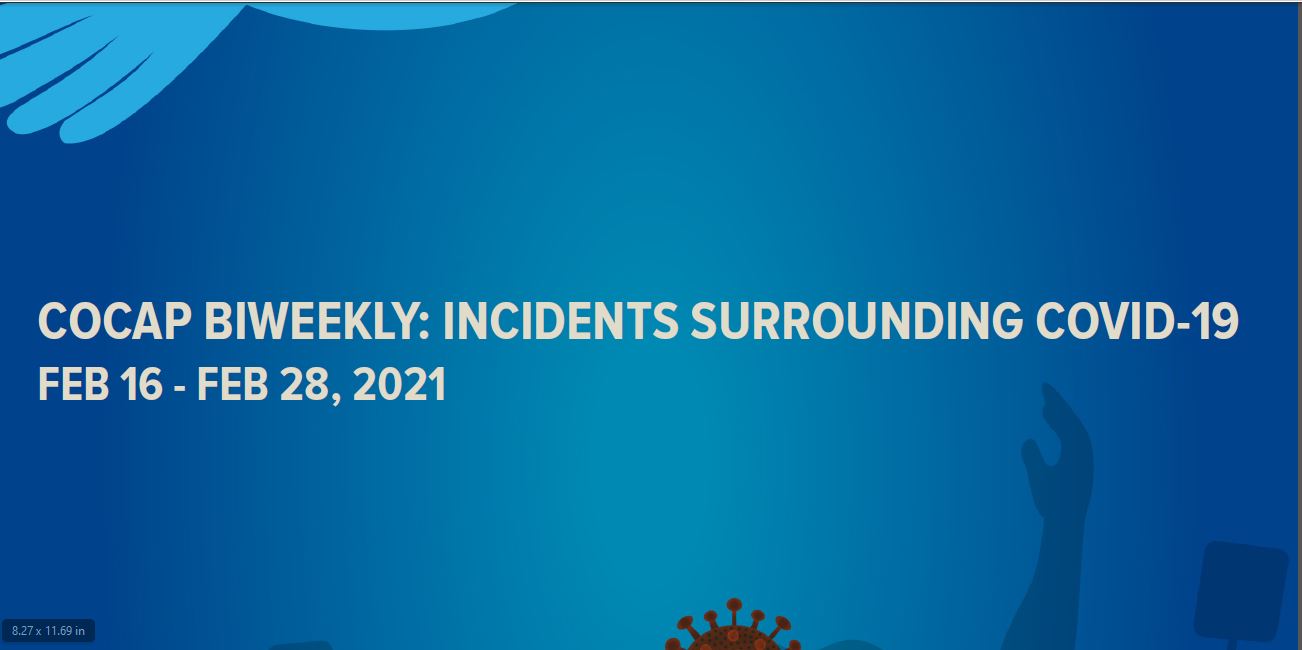Incident Reports
#HearMeToo: Voices against violence: Dr Prakash Banjade- Oped on Women Violence
2018-12-06
Each year, from November 25 to December 10, we commemorate the 16 Days of Activism against Gender-based Violence. During the 16 Days of Activism, people around the world unite to raise awareness about gender-based violence, challenge discriminatory attitudes and call for improved laws and services to end violence against women for good.
Violence against women continues to occur at an alarming scale in every country in the world. Too often it is accepted as a normal behaviour and the global culture of discrimination against women
allows violence to occur with impunity. Recent movements such as #MeToo and #TimesUp have propelled this issue onto the global stage.
Violence against women is a global problem and it requires global action. Calls for action like the 16 Days of Activism are crucial because they shine a spotlight on the issue of violence against women. They are a moment to create public awareness about what needs to change to prevent it from happening in the first place at local, national, regional and international levels.
The international campaign originated from the first Women’s Global Leadership Institute coordinated by the Center for Women’s Global Leadership in 1991. This year’s motto #HearMeToo: Voices against Violence” aims to give victims of gender-based violence a voice. For far too long, impunity, silence and stigma have allowed violence against women to escalate to pandemic proportions — one in three women worldwide experience gender-based violence. The time for change is here and now. In recent years, the voices of survivors and activists, through campaigns such as #MeToo, #TimesUp, #Niunamenos, #NotOneMore, #BalanceTonPorc and others, have reached a crescendo that cannot be silenced any more.
Advocates understand that while the names and contexts may differ across geographic locations, women and girls everywhere are experiencing extensive abuse and their stories need to be brought to light. #HearMeToo brings to the forefront the voices of women and girls who have survived violence, who are defending women’s rights every day, who are taking action and many of them very far away from the limelight or media headlines. These are the faces we may not have seen on newspapers and stories we may not have heard on social media.
One in three women experience violence in their lifetime across all social status, class, race, country or age group. That’s one too many. For many of them, the #MeToo moment hasn’t come yet, because speaking out can have severe consequences, and survival is a long and complicated journey.
Violence against women is not inevitable; it is preventable. Tell your families, schools, communities and workplaces. Young people are the future and hope of all societies. A traumatised youth is not a potential driving force of a country’s development. And talking about your trauma is the first step to getting better.
In social media, mainly in Facebook and Twitter, there are several posts related to sexual harassment and supporting the #MeToo movement in Nepal. My doctor friends have also told me about their #MeToo moments of sexual harassment they faced from their male doctor colleagues. These women have to work long and difficult hours too. Social activists are encouraging more women to share their stories and more revelations are likely in the future as the campaign gains momentum.
Still, a large section of Nepali women who cannot access social media and English-language media do not know about this global movement. Nepal has high rates of violence against women and several government agencies and NGO-led campaigns have been implemented to curb such violence.
Of late, Nepal has taken some statutory and legal steps in order to curb violence against women. Article 38 of the Constitution says, “No woman shall be subjected to physical, mental, sexual, psychological or other form of violence or exploitation on grounds of religion, social, cultural tradition, practice or on any other grounds. Such act shall be punishable by law, and the victim shall have the right to obtain compensation in accordance with law.”
Also, in 2015, Nepal introduced Sexual Harassment at the Workplace Prevention Act, which has strict provisions against sexual harassment. Clause 12 of the Act stipulates that “any person who has committed sexual harassment under the Act may be punished with imprisonment of up to six months and/or fine of up to 50,000 rupees.”
Nepal government needs a comprehensive response to this problem; one that will enable us to get to the truth; one that will ensure that there is accountability. But more than anything else, one that ensures there is sustainable transformation so that women and girls can live in a Nepal where they can expect not to experience violence. All of us are part of making sure that we bring about this change and that we end the culture that normalises the abuse of women and girls.
Nepal government should immediately take the urgent steps to eliminate the serious human rights abuses currently being suffered by women and girls in Nepal.
Related Reports
GBV / Siraha
Complaint lodged against a 30-year-old man on the charge of raping a 13-year-old teenage girl in Siraha
GBV / Okhaldhunga
52-year-old man arrested on the charge of sexually assaulting a 16-year-old teen girl in Okhaldhunga
GBV / Humla
Teen boy arrested on the charge of raping a 40-year-old woman in Humla
GBV / Rupandehi
Complaint lodged against a 22-year-old youth on the charge of raping a minor girl in Rupandehi
GBV / Bhaktapur
25-year-old man arrested on the charge of harassing girl over social media
Related Trend Analysis
Analysis

THE NEPAL PEACE MONITOR ANNUAL REVIEW: 2020
October 25, 2021
Human Trafficking / LGBT+ Rights / GBV / Political / Children’s Rights / Senior Citizens’ Rights / HRD Issues / Human Rights / Interpersonal Violence / Governance / Covid-19 / Civic-Space / PwD
Analysis

COCAP BIWEEKLY: INCIDENTS SURROUNDING COVID-19 MARCH 1 - 15, 2021
March 25, 2021
GBV / Governance / Covid-19
_001.png)




